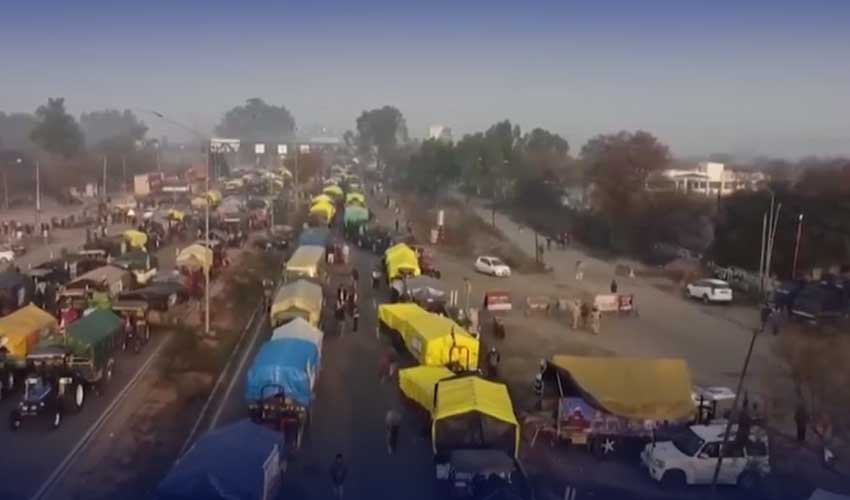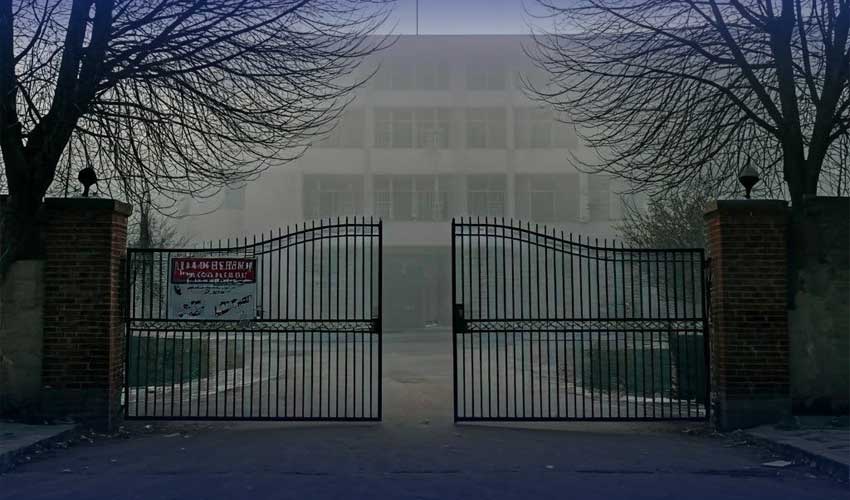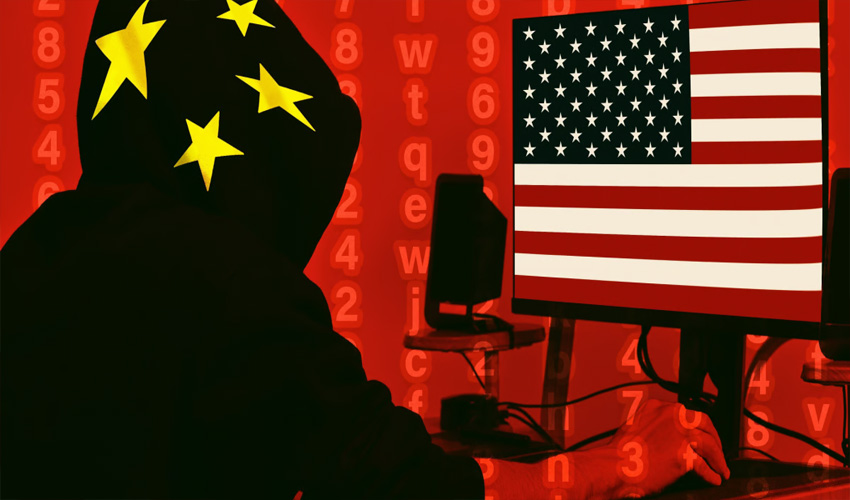The Delhi Chalo March has marked its 100th day as farmers continue to press for their demands, which remain unmet by the Modi government. Despite concerted efforts by the authorities to quell the protests and exert pressure on the farmers, the standoff persists.
During a recent rally in Ludhiana on May 21, the Samyukt Kisan Morcha urged protestors to boycott Modi and display black flags as a form of protest against the BJP's policies. At the heart of the farmers' demands is a legal guarantee of a minimum support price for agricultural produce, ensuring affordable basic commodities for farmers.
The government's response has been characterized by visa cancellations for some farmers and instances of violence, adding to the tensions. Additionally, internet services have been completely suspended in seven districts, ostensibly due to the protests, drawing criticism and legal challenges.
Efforts to seek justice through legal channels, including the Supreme Court, have faced setbacks. A recent dismissal of a case by Supreme Court judge Justice Surya Kant underscores the challenges faced by protestors in seeking recourse through the legal system.
Leaders of the Kisan Mazdoor Sanghrash Committee have accused the central government of obstructing peaceful protests and questioned the heavy deployment of Delhi Police on the borders of Punjab and Haryana.
Media reports have also highlighted the government's actions as infringing upon the farmers' rights, with concerns raised about violations of their freedom of expression and movement within the country.
The ongoing standoff between the farmers and the Modi government underscores broader tensions within Indian democracy, with criticisms leveled at the government's handling of the protests and its treatment of its agricultural workforce.



























